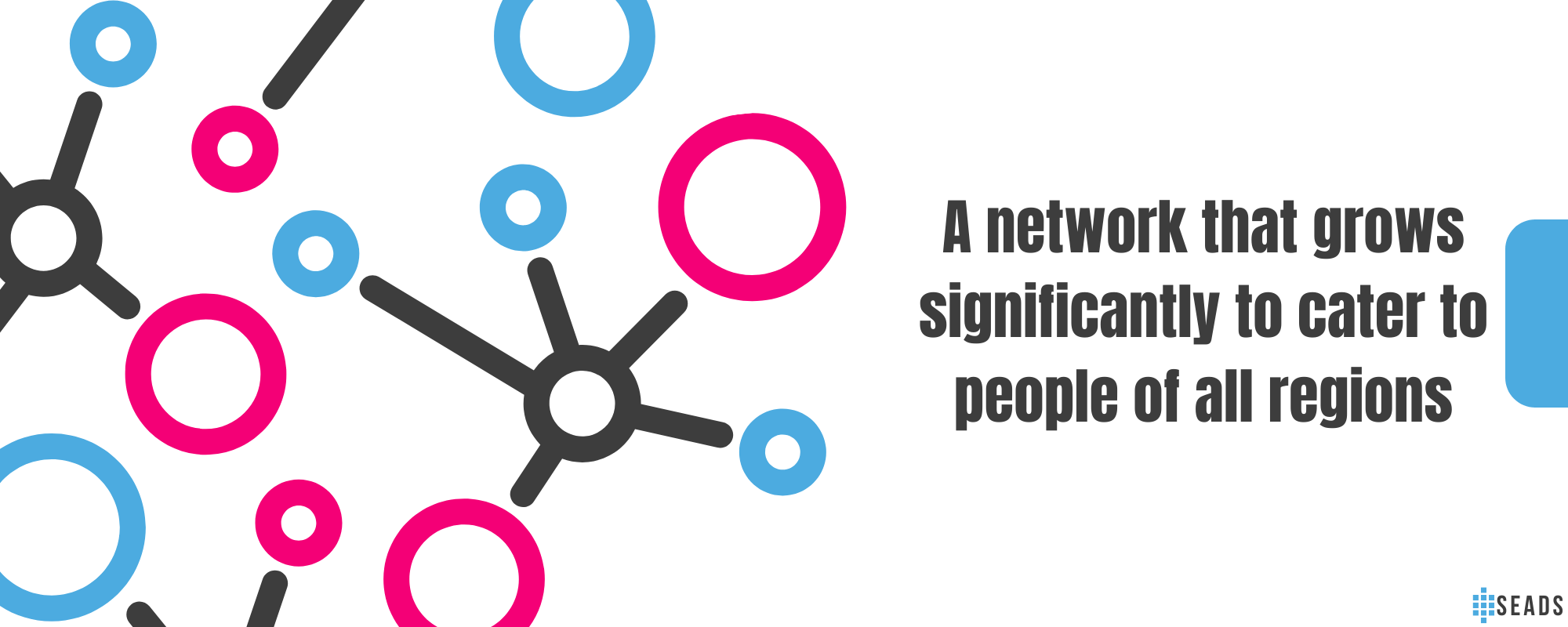The Asian Development Bank (ADB) has emphasized the significance of the Indo-Pacific Economic Framework (IPEF) in addressing supply chain challenges within the Asia-Pacific region. According to Cyn-Young Park, ADB’s Director for Regional Cooperation and Integration, global shocks such as the ongoing pandemic, the Ukraine invasion by Russia, and issues in multilateral trade relations have highlighted the need for a comprehensive solution.

In a recent blog post, Park highlighted the importance of ensuring the seamless flow of goods, particularly essentials like food, energy, and medical supplies, even in the face of potential crises. She emphasized that the IPEF plays a crucial role in preventing and combating shocks, safeguarding supply chains, and guaranteeing the protection of vital commodities.
Established in May 2022, the IPEF aims to provide assistance to 14 countries in the region, including the United States, Brunei, Australia, Fiji, Japan, India, Indonesia, South Korea, New Zealand, Vietnam, Thailand, Malaysia, and the Philippines. Its primary focus areas encompass trade, clean and fair economies, and supply chains, all with the ultimate goals of resilience, sustainability, development, inclusiveness, and competitiveness.
Last month, the IPEF members engaged in negotiations to enhance supply chain resilience and security. The proposed agreement includes the establishment of a council responsible for overseeing critical industries such as semiconductors and minerals. Furthermore, a response network will be created to facilitate information sharing and preparedness in times of crisis. Additionally, a labor rights advisory board is set to be formed, focusing on the upskilling and development of the workforce.

Park expressed her optimism regarding the agreement, highlighting the potential benefits it could bring to the region. She emphasized that the strengthened supply chains and increased connectivity resulting from the IPEF’s implementation would foster enhanced logistics, investments, and job opportunities. By investing in supply chain security and resilience, cross-border trade and investments are expected to grow significantly, benefiting the people of the region.
The IPEF signifies a collaborative effort among nations to mitigate the challenges posed by disruptions in the global supply chain. With the rise of complex global issues, it has become increasingly vital to develop strategies that ensure the continuous flow of essential goods and services. The IPEF’s comprehensive framework aims to achieve this objective while simultaneously driving economic growth, fostering sustainable development, and promoting inclusivity within the Indo-Pacific region.
As the member countries continue to engage in negotiations and solidify the agreement, it is evident that the IPEF holds great promise in strengthening regional supply chains, enabling resilience, and opening new avenues for economic growth and cooperation.